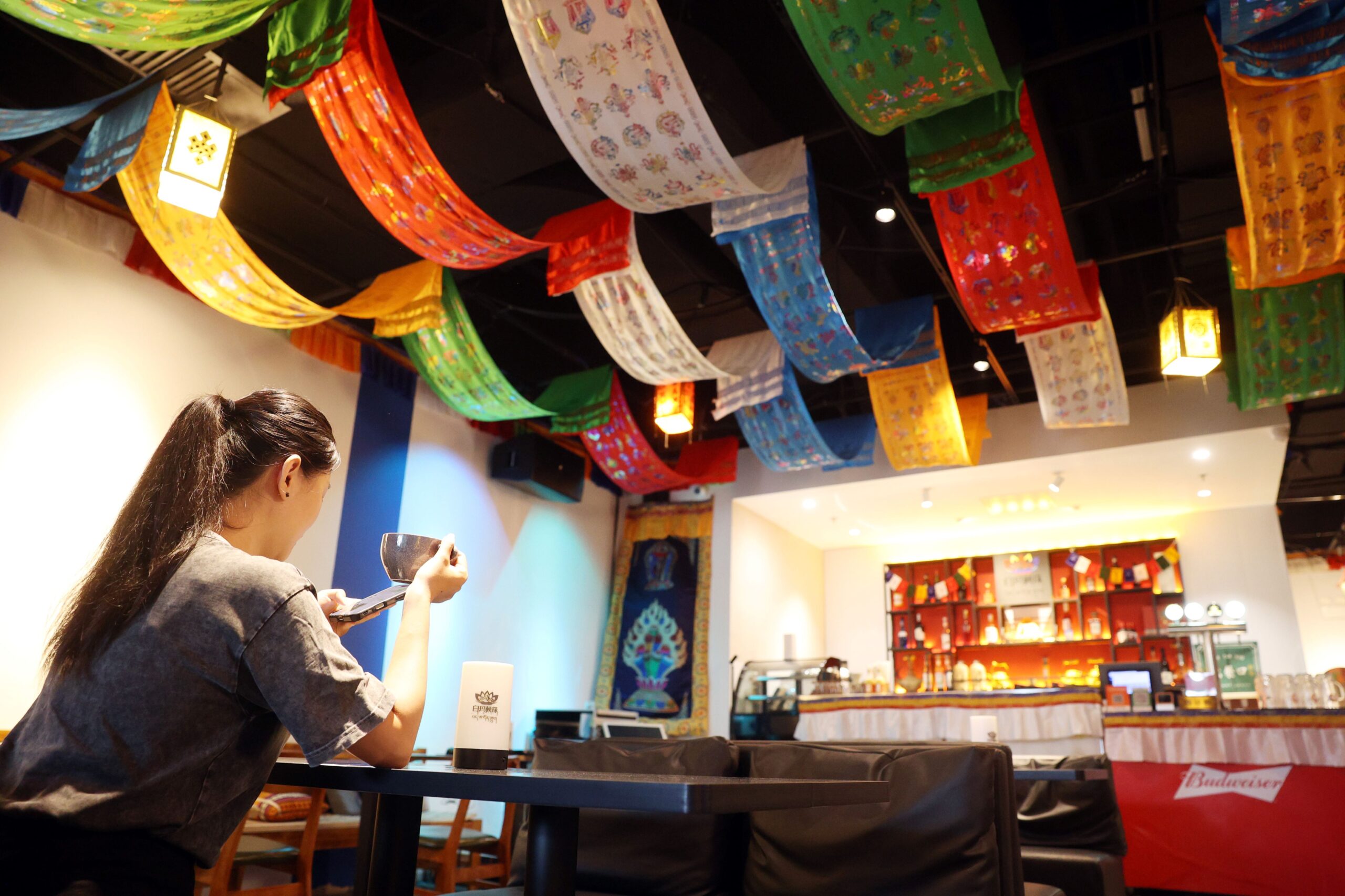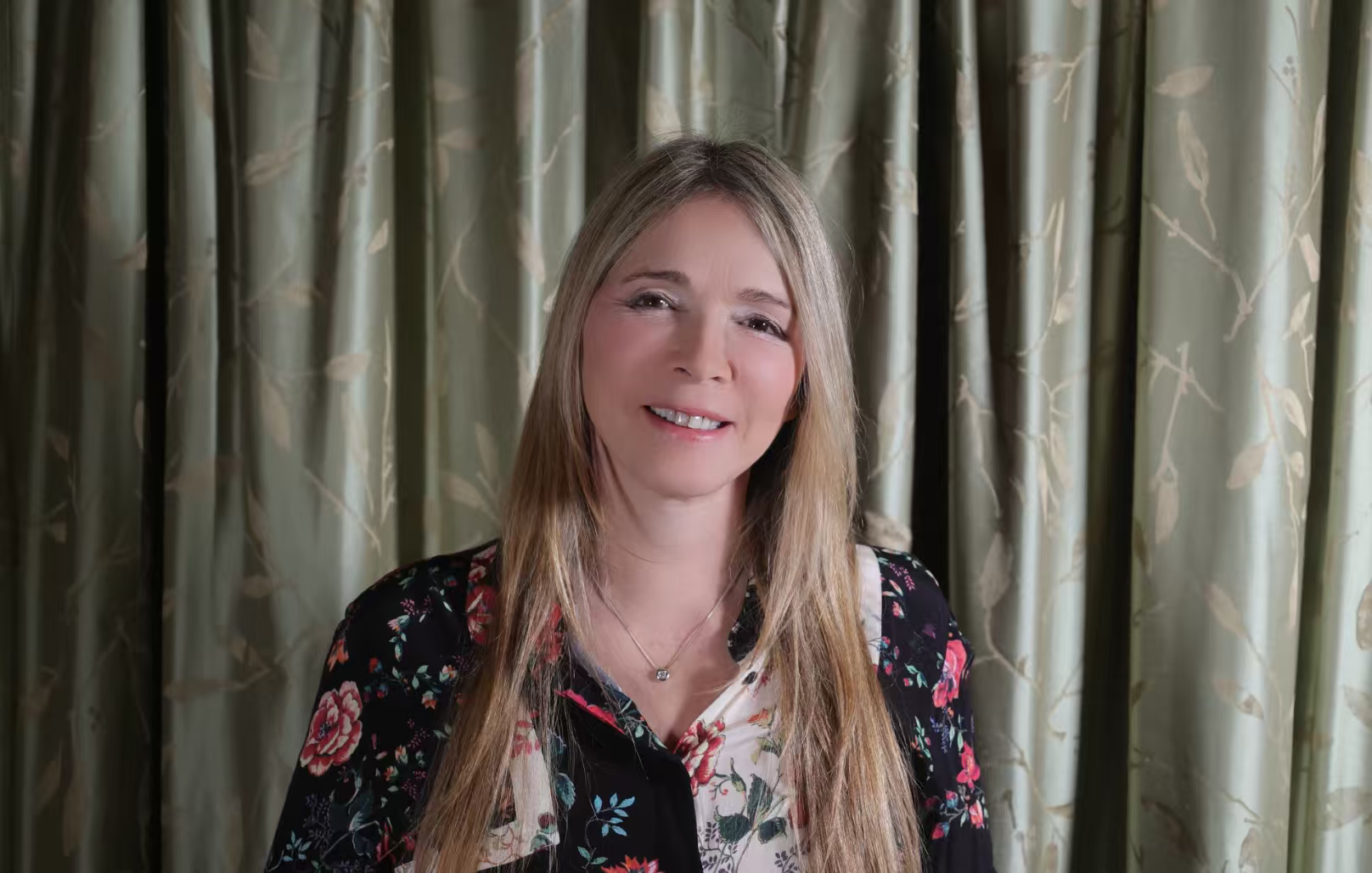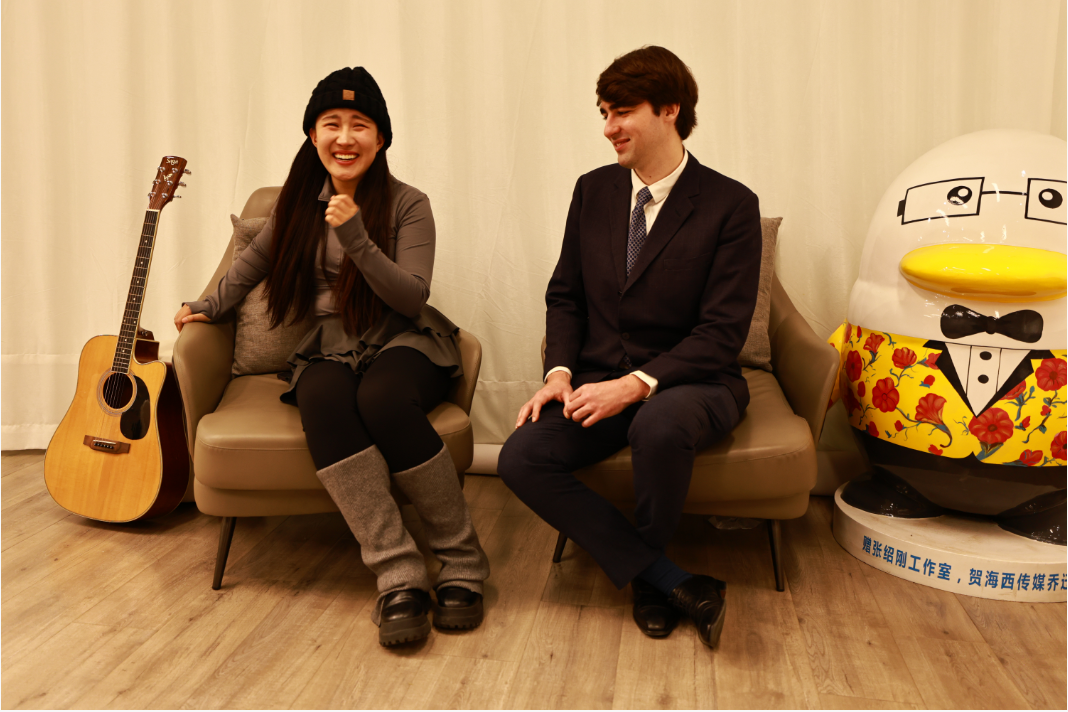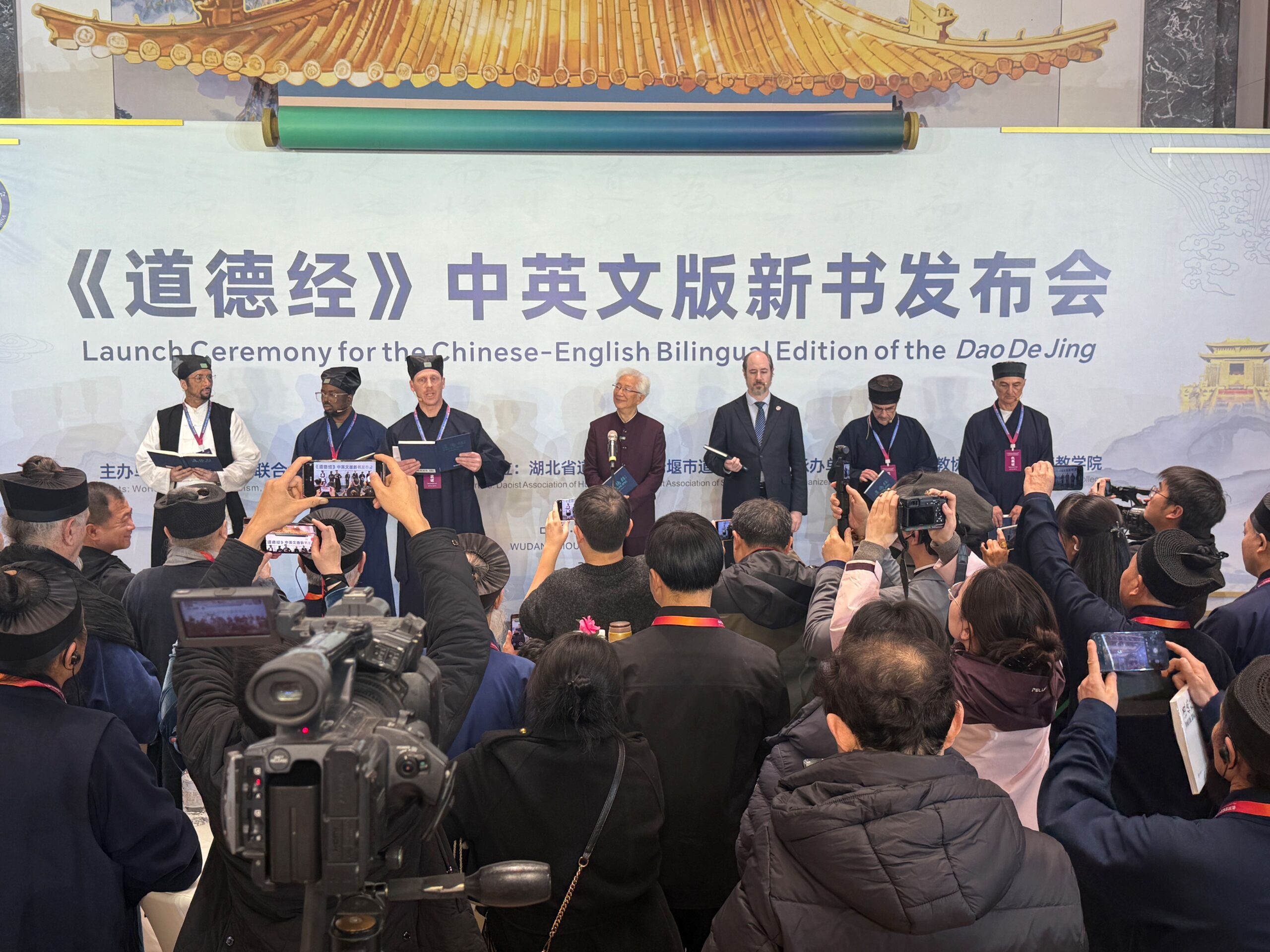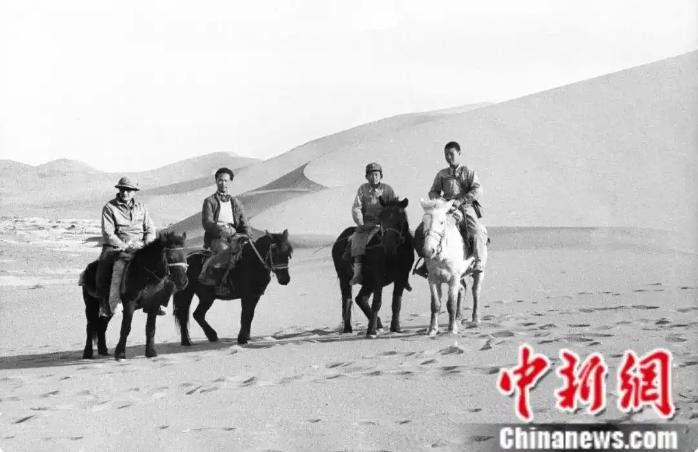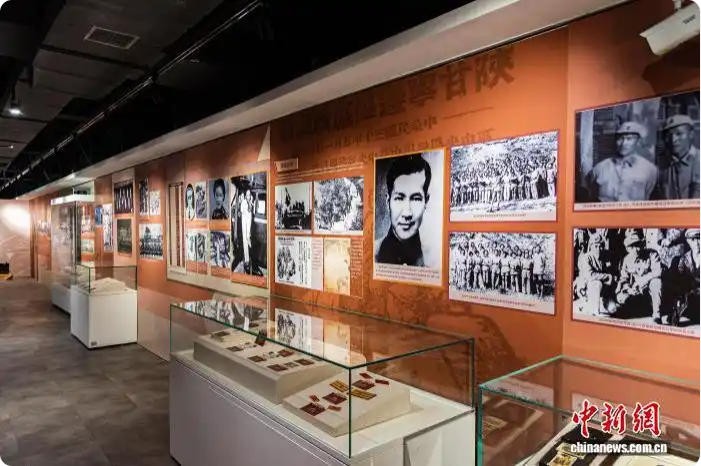In Beijing, a small shop shares the warmth of Tibet as the owner turns her experience in Tibet into connections.
Years ago, on a snowy road into Tibet, Liu Mengyao feared she might not survive. Her car had broken down in a mountain pass during a blizzard. As she worried about how she would survive, a Tibetan herder appeared. He dragged the car to safety and walked away without saying a word.
Liu never found him again, but his kindness lives on. “That gratitude stayed in my heart,” she says. “I felt I had to give something back — not just to him, but to that land and its people.”
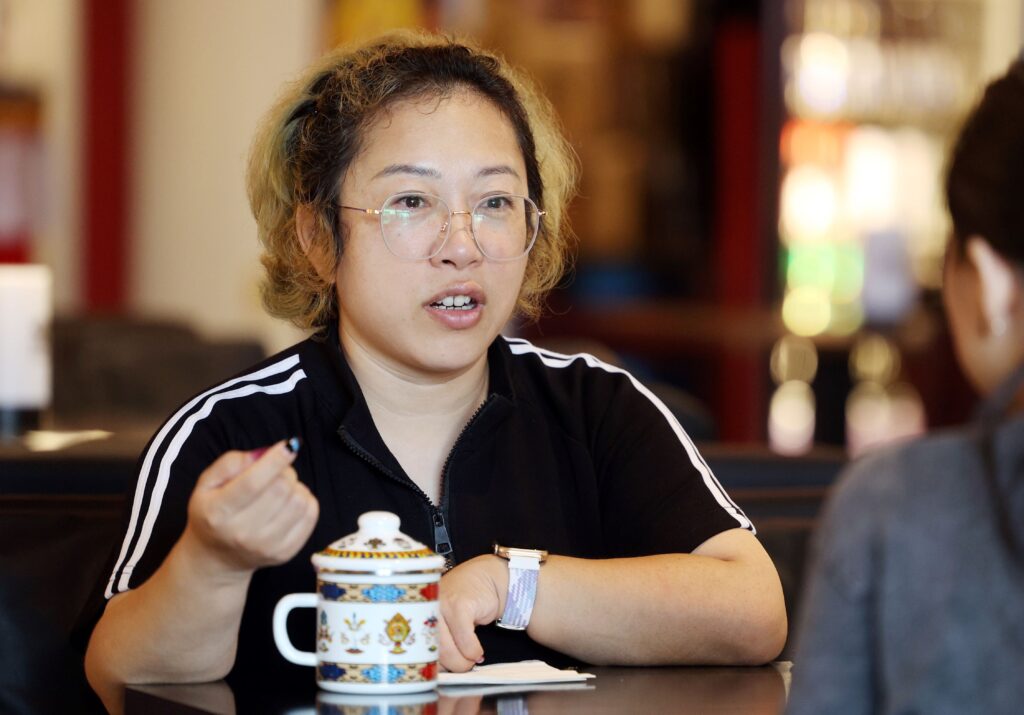
Creating a Part of Tibet in Beijing
In 2022, Liu created a part of Tibet in her hometown of Beijing when she opened a small shop near Yonghegong. With thangkas on the walls, yak ornaments on shelves, and the scent of incense in the air, it became a gathering place for people from or curious about Tibet.
Later, she moved to a larger space on the city’s east side. Now she also serves yak meat, delivered directly from the Tibetan plateau and cooked. “I don’t see it as spreading culture,” she says. “It’s more like sharing feelings.”
The shop attracts a diverse range of visitors, including aid workers returning from Tibet, students, and office staff, who are drawn in by the incense. Some come to find comfort. One woman travels across the city to sit quietly with a book in hand. “She said the scent and a few pages of Steps to Awakening calm her heart,” Liu says.
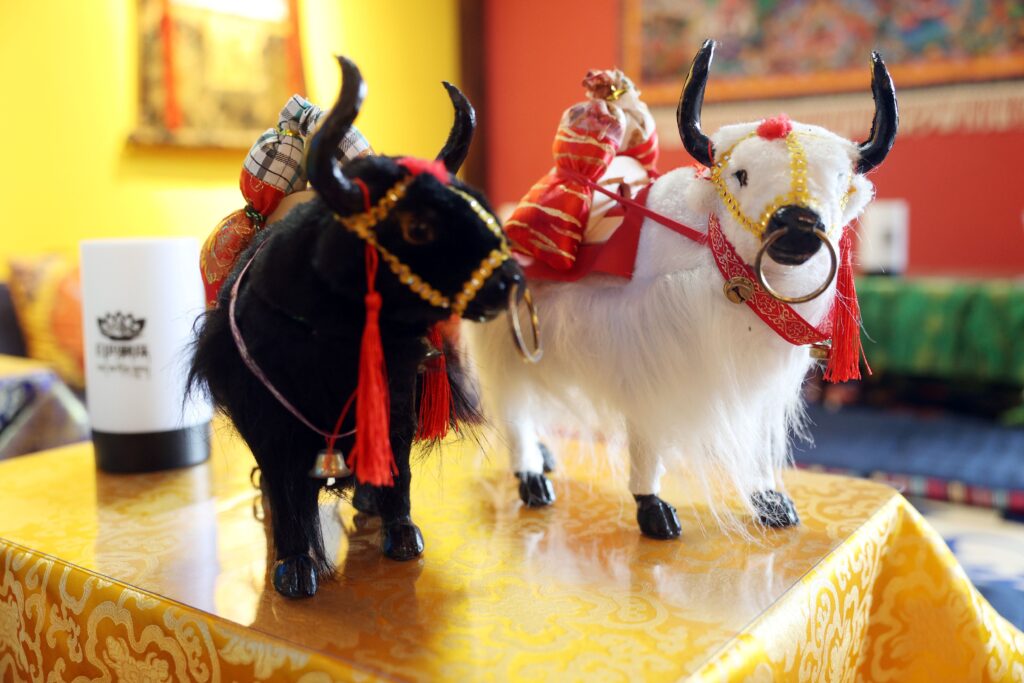
A Lasting Impression
Liu returned to Tibet this year during Losar, the Tibetan New Year. She struggled with altitude sickness, often holding an oxygen bottle in Lhasa. Yet what she remembers most is the warmth of local friends who welcomed her into their homes and gave her the best food at the table.
“They gave without hesitation. That honesty moved me,” she says. Back home, she began learning to make tsampa, a roasted barley flour mixed with butter tea, and even tried Tibetan language. “It’s difficult, but it helps me see why they treasure life, nature, and faith.”
Her colleague Li Yan recalls another powerful image: an elderly man, supported by family, prostrating step by step around Qinghai Lake to pray for all beings. “It was pure compassion. I cried when I saw it,” she says.
Tibet also shaped Liu’s outlook. A monk once told her, “When problems come, don’t fight against them. Let them pass gently.” She has tried to follow this advice. “Life feels smoother,” she says.
Today, Liu’s shop brings together teachers, students, travellers, and scholars, all connected to Tibet in their way. For Liu, it remains a story of rescue, gratitude, and a long journey of giving back.
She may never meet the herder who once saved her, but she believes each cup of butter tea in her shop carries a piece of that connection.
Written by Chen Wang, additional reporting by Chen Hui, Li Jiujun.
If you liked this article, why not read: Through the Eyes of a British Educator: Xizang’s Transformation

